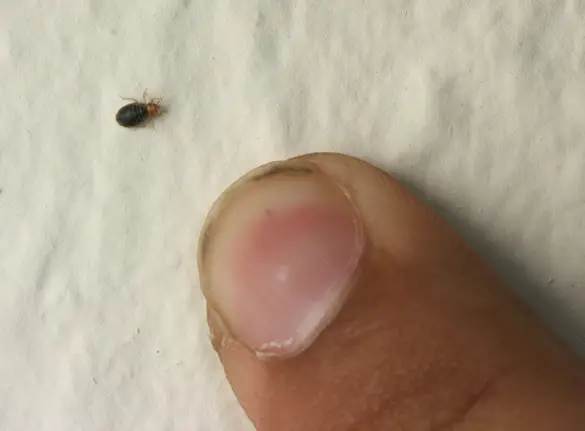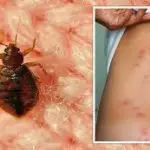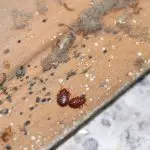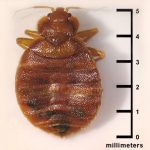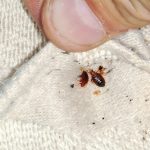Can Bed Bugs Cause Eczema?
Bedbugs are becoming increasingly common, and the global prevalence of the insect is increasing. These insects feed in dark, moist areas, such as folds in fabric, mattresses, and furniture. These pests often remain hidden until nightfall, when they emerge to feed. They then inject saliva into the host, causing an intense itch.
Symptoms of bedbug bites on children usually include itchiness, which can be relieved by washing the area with water and soap. Applying a cold compress or antihistamine to the affected area can also help ease itching. In addition, parents can ask their children to refrain from scratching the infected area. They should also have their nails clipped short to prevent scratching.
Bedbug bites may look similar to eczema, a chronic skin condition that fluctuates in remission and flare-ups. It causes red, scaly spots on the skin and sometimes breaks out into weeping sores. It typically appears on the face, but can also manifest on the hands, legs, and back.
If you have a rash or red bumps on your skin, it is most likely that bedbugs are the cause. Bedbugs bites are usually harmless, but if they cause an allergic reaction, you should seek medical attention. A doctor can prescribe stronger antihistamines for you. Some people are even more sensitive than others, and a bedbug bite can cause systemic symptoms such as hives, asthma, and anaphylaxis. In addition, constant scratching may cause secondary infections, such as cellulitis, impetigo, and folliculitis. Symptoms may worsen at night.
